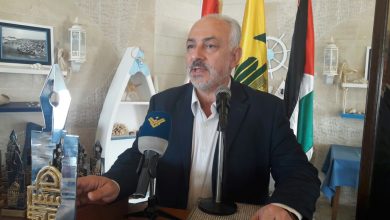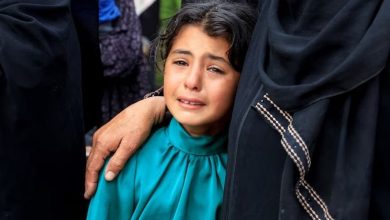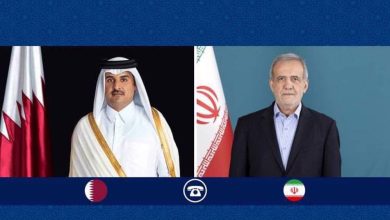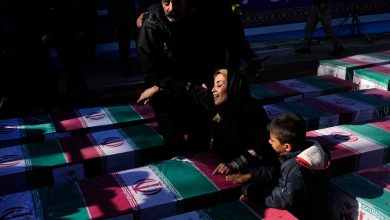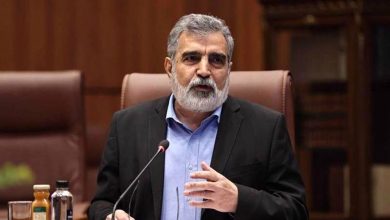FM: Iran pursues its own interests, regardless of expectations set by Trump
Foreign Minister Abbas Araghchi has asserted that Iran prioritizes its national interests independently of any expectations from US President Donald Trump, emphasizing Tehran's steadfast dedication to diplomatic engagement.
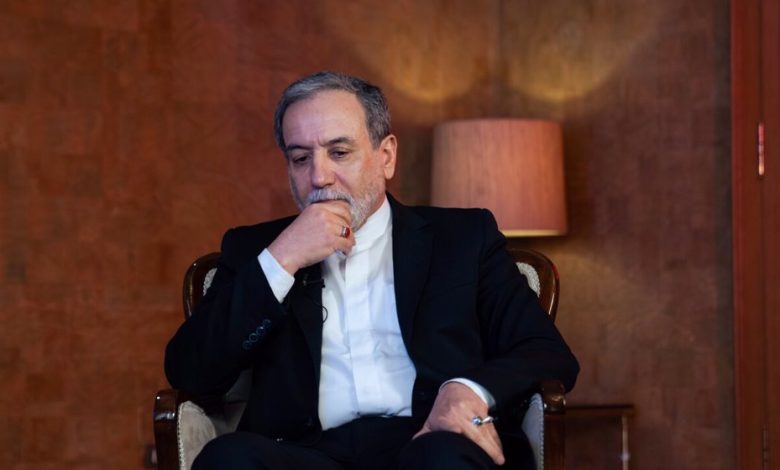
In a Sunday interview with the KhabarOnline news website, Araghchi commented on recent developments following Iran’s receipt of a letter from Trump, delivered through a UAE envoy.
In response to inquiries regarding Trump’s letter and the possibility of a written reply, Iran’s leading diplomat stated, “Our actions are guided solely by our national interests, irrespective of his expectations. Decisions will be made based on what benefits us the most.”
He underscored the critical role of diplomacy, asserting that all nations should pursue diplomatic avenues to the fullest extent possible, acknowledging that, despite its substantial costs and dangers, war can at times be unavoidable.
Araghchi stated that the avenue of diplomacy must always remain open, emphasizing that the only alternative to diplomatic efforts is conflict.
He reiterated that Iran has consistently sought to avoid conflict, yet is fully prepared and unafraid to engage in war if necessary.
The Islamic Republic of Iran’s foreign policy is principally oriented towards diplomacy and the avoidance of conflict, except in situations where military action becomes unavoidable, subject to specific conditions.
In an interview with Fox News earlier this month, Trump stated that he had dispatched a letter to Ayatollah Seyyed Ali Khamenei, the Supreme Leader of Iran. In the communication, Trump reportedly cautioned Iran to engage in negotiations regarding a nuclear agreement or face potential military action.
In a move consistent with Trump’s “maximum pressure” strategy, the United States has announced the implementation of fresh sanctions against Iran.
Iran has declared that it will refrain from entering discussions with the United States unless the negotiations are conducted without any form of pressure or intimidation. At present, Tehran is considering its response to a letter from Trump, which has been characterized as containing both threatening elements and potential overtures for opportunity.
In another segment of the interview, the Foreign Minister clarified that Iran’s decision to avoid negotiations with the United States is rooted in historical experiences rather than mere obstinacy.
He highlighted that Iran has vigorously employed diplomatic efforts to the highest degree in its bid to have the sanctions imposed on the Islamic Republic lifted.
Iran has approached the negotiations regarding the 2015 nuclear agreement, officially termed the Joint Comprehensive Plan of Action, with a spirit of good faith.
“Following the agreement, we meticulously honored all our commitments in good faith. The question arises: who undermined diplomatic efforts? It was the United States that deviated from the established course, opting for an alternative direction. This shift has led to a degree of mistrust,” he remarked.
Araghchi announced that the Joint Comprehensive Plan of Action (JCPOA), in its present structure and language, is unlikely to be reinstated due to advancements in Iran’s nuclear program and the imposition of additional sanctions on the nation.
“It is not feasible to reinstate the JCPOA in its original form; however, it remains a valuable framework and model for future diplomatic negotiations.”
He stated that the Islamic Republic is actively pursuing two key objectives: mitigating the impact of sanctions and engaging in dialogue to secure their removal.
He emphasized that the primary objective is to circumvent and neutralize the impact of the sanctions, prioritizing this goal over the secondary mission.



